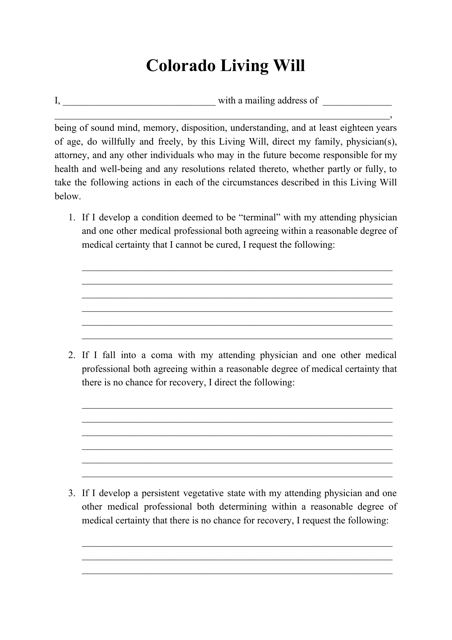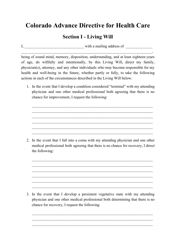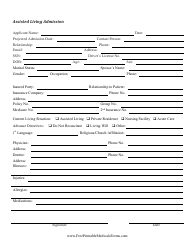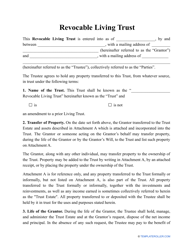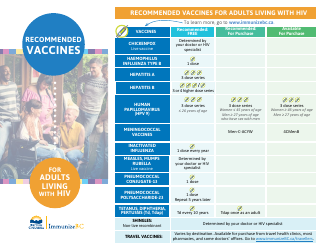Living Will Form - Colorado
A Colorado Living Will - sometimes confused with an Advance Directive - is a crucial part of a patient's medical records, which all too often do not indicate the appropriate palliative care measures the patient desires. Most people do not have adequate paperwork when illness strikes. In the absence of a legal will, all decisions about medical care become the responsibility of the spouse, the children, and other family members - or even a third party. These people may not be aware of the patient's wishes, or they may not choose to follow the patient's unwritten verbal directives.
In most states, a person can extend their will to cover dangerous situations - like severe injuries or situations when the doctors expect the patient to remain unconscious for the rest of their life even if terminal illness or a life-threatening injury is not currently present.
Click on the link below to download a pre-made template or make your own Living Will using our form builder .
A Colorado Living Will is defined by Sections 15-18-101 to 15-18-113 of the Colorado Revised Statutes . The document must be executed before two (2) individuals in order to be legally effective. Not valid if pregnant.
What Is a Colorado Living Will?
A Living Will is a written, legal document that spells out the medical treatments an individual would and would not want to be used to keep them alive. The form also clarifies the preferences for other medical decisions, such as pain management or organ donation. The person for whom the will is created is called the Principal.
The document may be revoked at any time as long as the Principal still has the mental capacity to do so. The Principal may also elect a trusted individual - or agent - to make decisions on their behalf when they are no longer able to speak for themselves.
How to Make a Living Will in Colorado?
A legal Living Will form may be used in the state of Colorado to make an individual's wishes about the medical treatment or other care they would or would not want to receive in case of an emergency known to the medical staff and their caregivers.
The individual can print out the will nominating a personal representative, establishing a party for life-sustaining consultations and specifying their wishes regarding the treatment and artificially provided food and hydration.
The personal representative - or a health care proxy - is an elected agent tasked with making the important medical decisions if no other means of communication with the individual are available.
